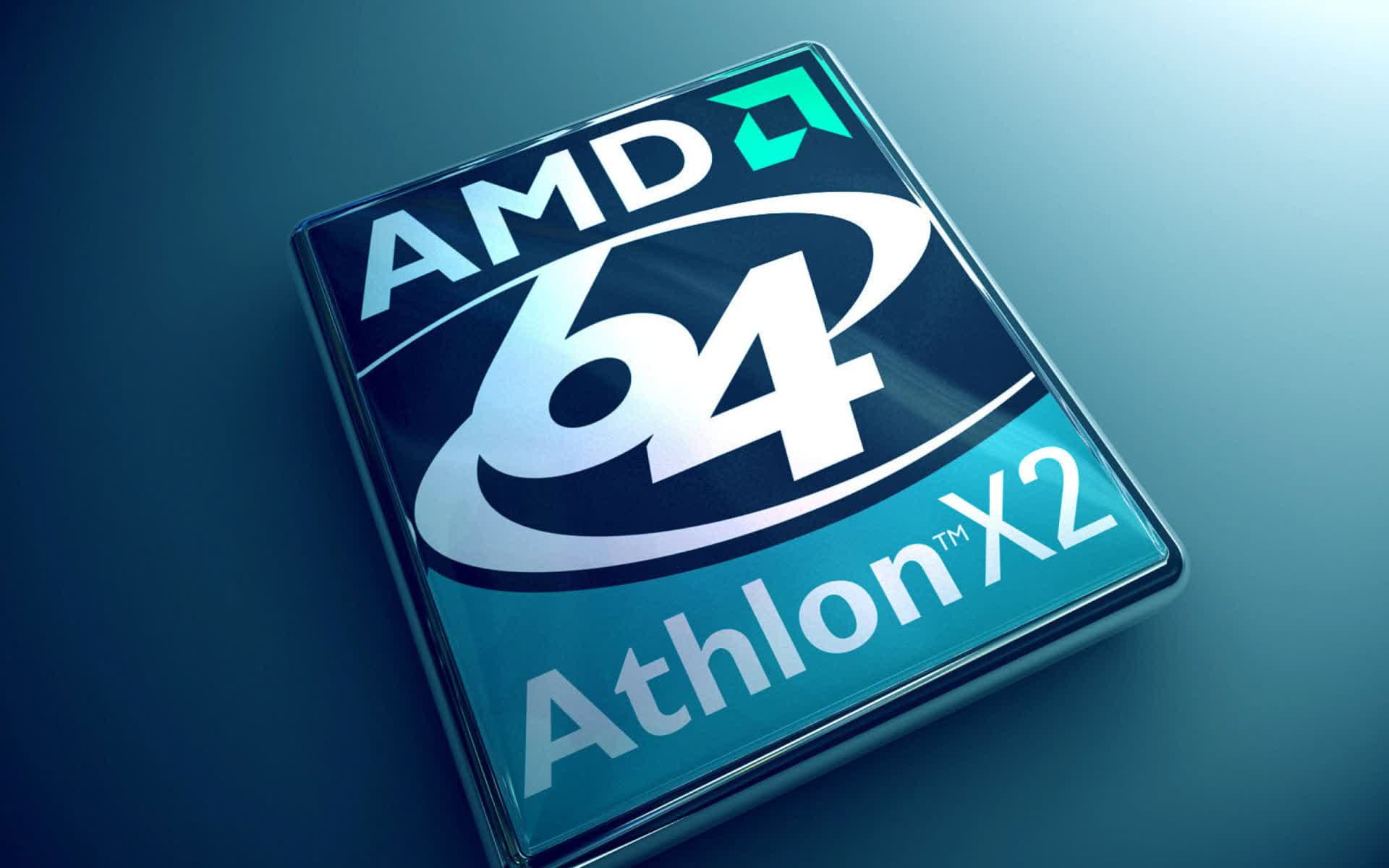One of the biggest mistakes that AMD did back in the Athlon days is the same mistake that they're making now. They think that the market is all about price/performance when it's not. Sure, AMD is completely on top now but their biggest mistake is that they're pricing themselves higher which is EXACTLY what they did with the Athlon 64 FX.
Sure, from a price/performance perspective it makes sense but only for enthusiasts. To date, most people have never used an AMD CPU, let alone owned one. To the knowledgeable enthusiasts like (most of) us who know that the brand name on our CPUs isn't what makes them perform, this strategy can can work.
The problem arises when the average person is asked to pay more for a brand that they're unfamiliar with. To them, it's an off-brand and they won't want to do it because it's an expensive item and people get peace of mind from things that are familiar (which is why advertising works, it makes something familiar). AMD was doing spectacularly well because the promise of saving money is sometimes enough to make people take (what is to them) the "risk" of using an unfamiliar brand.
Now, of course, what REALLY almost killed AMD was Intel's criminal conduct but AMD wasn't exactly doing itself any favours:
"In late 2006, they purchased graphics card manufacturer ATI for an eye-watering $5.4 billion."
People often wonder why AMD ended up paying this much money for ATi. The simple answer is that ATi didn't want to be bought. They basically said "Ok AMD, if you want to buy us out, you're going to be paying through the nose!" and AMD did just that. It was one of those "Stupid at the time but it turned out well" situations. Paying that much for ATi was galactically stupid but it was ironically ATi and their GCN architecture that kept AMD alive during the dark FX years. If AMD hadn't bought ATi back then, it might have been ATi buying out AMD eight years later or there might be no AMD today.
We've all seen the Steam survey charts and sure, AMD's market growth is Phenomenal (see what I did there?) but AMD still only commands about ¼ of the market and that's only among gamers that use Steam. That doesn't count all of the Intel-based computers used in the commercial and industrial sectors (like the one that I'm typing on now) or all of the Intel-based "crappy" computers that are owned by Baby Boomers.
Whether Lisa Su likes it or not, AMD is still the "off-brand" in both CPUs AND GPUs, regardless of AMD's popularity among enthusiasts. AMD cannot afford to price their products as if they're market leaders because they're not even close to holding that position. Hell, from a brand-recognition standpoint, they were better off keeping the ATi branding because ATi had been the dominant video card maker in the world for decades before nVidia overtook them.
People recognised ATi as a maker of video cards and wouldn't have considered them an "off-brand" the way they do AMD. I'm willing to bet that most people in the world have no idea that AMD GPUs are ATi GPUs because why would they?
AMD's rather arrogant and stupid decision to remove the ATi branding has really worked against them. Not among enthusiasts, but among people who really don't follow the computer industry like we do. To them, a computer is just another home appliance like a washer, dryer, stove or fridge. The computer industry is as obscure to them as the home appliance industry is to most of us, perhaps even more so because baby boomers often hate computers but they sure like their washers, dryers, stoves and fridges.
How many people here know that Whirlpool owns Maytag, Amana, Inglis and makes Kenmore washers and dryers? How many people here know that Hotpoint appliances sold in Europe are made by Whirlpool but Hotpoint appliances sold in the Americas are actually made by Haier because Haier bought GE Appliances in 2016? Who here has never heard of Haier? Exactly.
AMD shouldn't be raising their prices because that would be like going to an appliance store and being asked to choose between a Whirlpool laundry set and a Haier laundry set for the same price. Even if the Haier set is better, I can guarantee you that the Whirlpool set will outsell it by at least 20 to 1 as long as the availability remains good. That's just how humans are.
